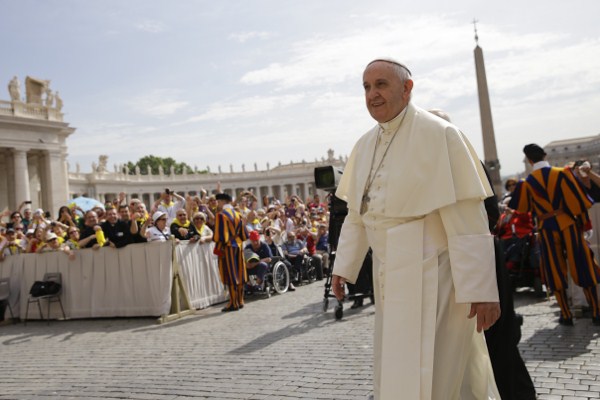Earlier this month, the Vatican concluded a treaty that recognizes the state of Palestine, immediately drawing criticism from Israel. In an email interview, John L. Allen Jr., an associate editor at Crux and expert on Vatican affairs, discussed the Holy See’s foreign policy under Pope Francis.
WPR: What changes has Pope Francis effected in Vatican foreign policy, and how do his priorities for the church’s global role differ from those of Pope Benedict XVI?
John L. Allen Jr.: There haven’t been major changes in substance in the transition from Benedict to Francis, as it’s the same blend of pro-life and peace-and-justice positions that form the core of Catholic social teaching. The difference is in passion and effectiveness. As the first pope from the developing world, Francis brings a special sense of urgency about serving the poor, and as one of the world’s most popular leaders of any sort, he packs considerable political punch. His role in paving the way for ending Cold War tensions between the United States and Cuba is one good example.

